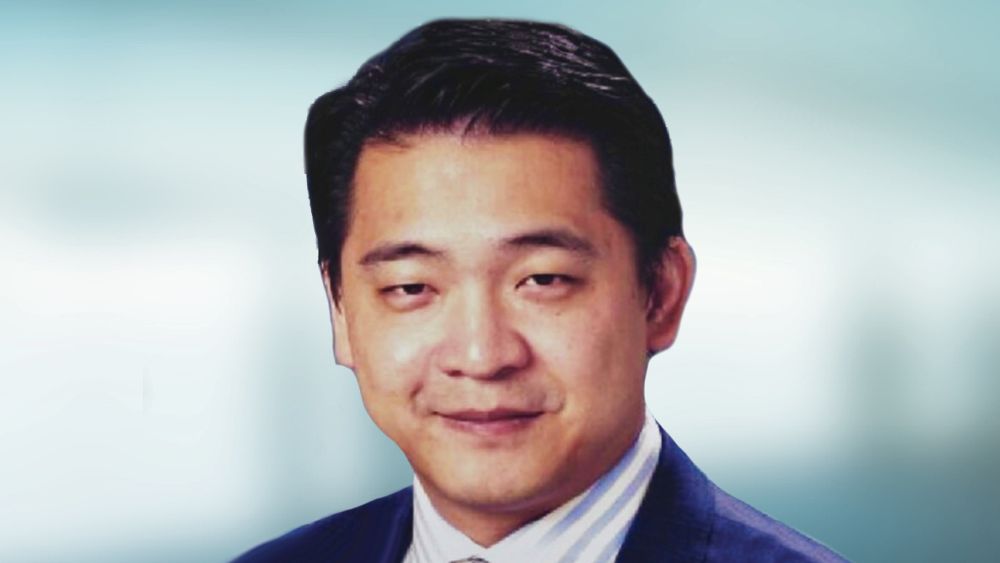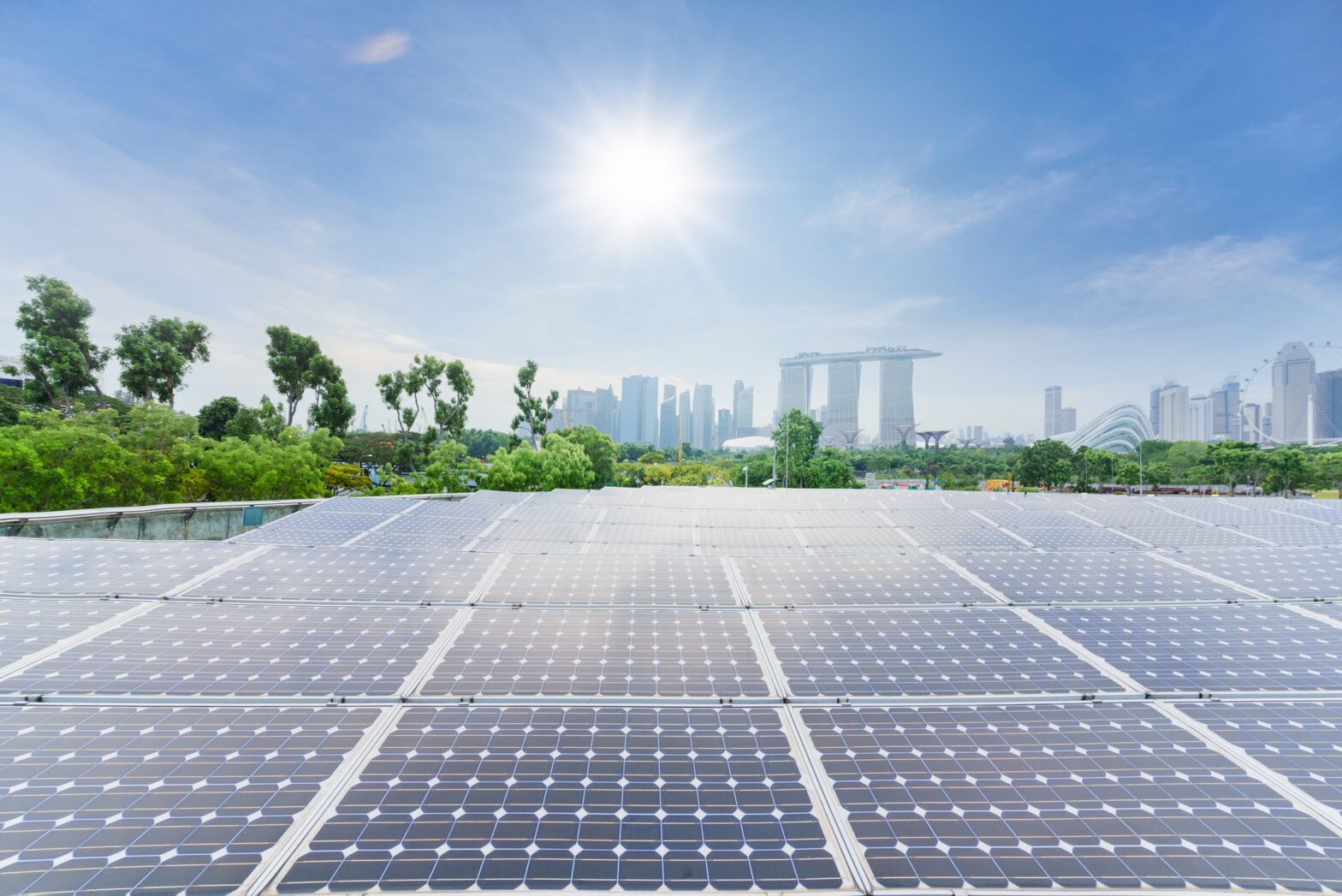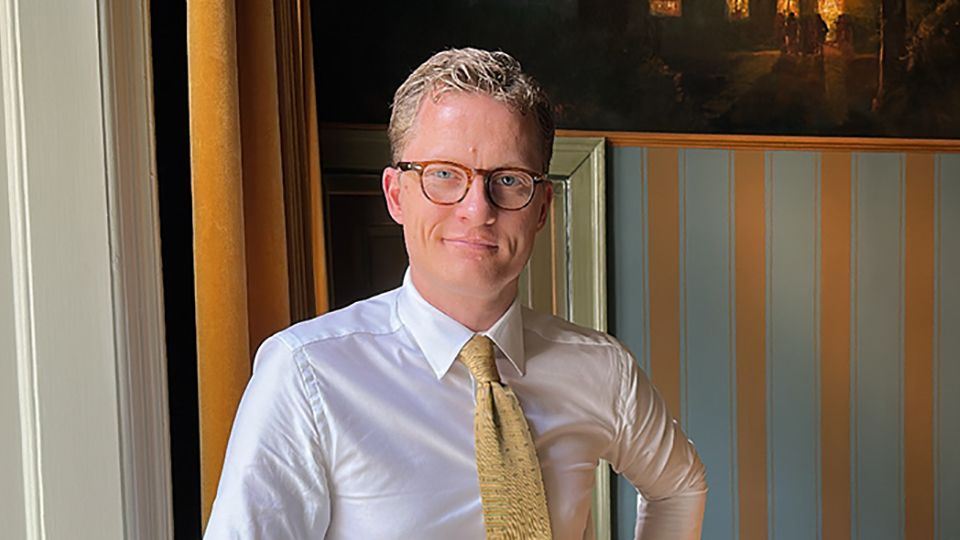China’s first domestic ESG disclosure rules for companies will lead a boost in transparency among state-owned enterprises (SOEs), according to a note from Barclays.
On 1 June 2022, the Guidance for Enterprise ESG Disclosure was published by the China Enterprise Reform and Development Society, a think-tank that sits within the state-owned Assets Supervision and Administration Commission.
Although these guidelines are voluntary at the moment, Dave Dei (pictured), head of ESG research Asia Pacific at Barclays, is confident they will be adopted and as they are more comprehensive than existing Asian frameworks, they will offer investors more visibility on companies’ ESG credentials.
“If fully implemented, it can be of real assistance to investors, even as targets and action plans still lag global initiatives such as the EU’s corporate sustainability reporting,” he said in a note.
The central SOEs will be the initial focus of the push for enhanced disclosure, he added, and are being required by authorities to issue ESG reports by 2023 as part of the quality-improvement action plans.
“Gaining access to China’s rapidly growing ESG capital markets will be a prime motivator given these firms’ role in the low-carbon transition.”
Dei said recent discussions with the boards of SOEs suggest ESG disclosure is a top priority.
The Guidance for Enterprise ESG Disclosure recommends Scope 3 greenhouse gas emissions (GHG) are disclosed, something that is not required by most Asian and global markets, and disclosure of water consumption is required with detail on fresh-water use, wastewater generated, waste gas generated, purchase of renewable energy, etc.
Finally, GHG reduction targets are required on the back of increasing demand for investors.
“China, the world’s largest carbon emitter and home of over 4,000 of listed companies, is taking steps to raise levels of corporate transparency that have proved frustrating for global investors in the past,” Dei commented.









